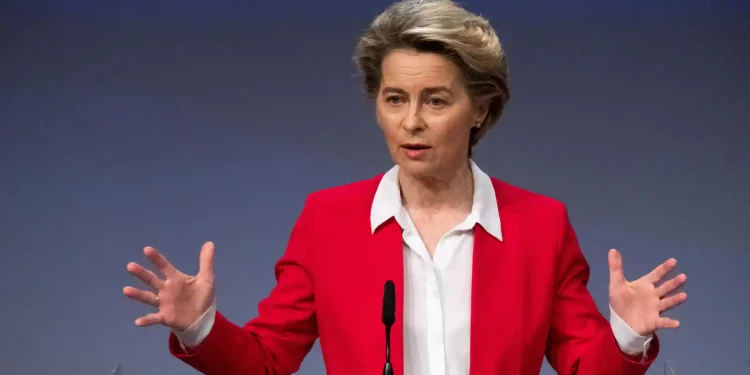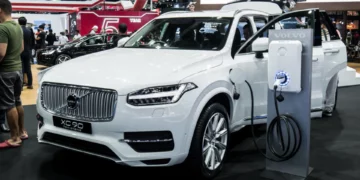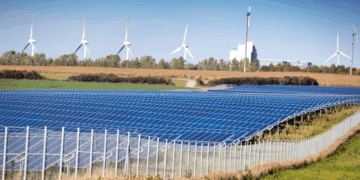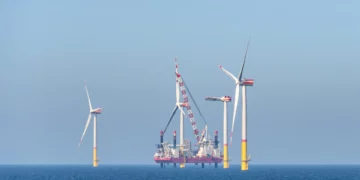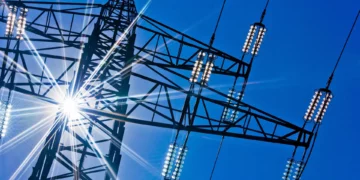The European Green Deal, unveiled in 2020, is a policy to transform the European Union into a climate-neutral economy by 2050. Born under the leadership of the President of the European Commission, Ursula von der Leyen, and Frans Timmermans, the Executive Vice President, the European Green Deal contains a wide range of projects across all sectors, with the main goal of fighting climate change and progressing the EU into a more sustainable and resource-efficient economy.
It sets a regulatory framework for various policies, regulations, and investments designed to transform Europe into a more sustainable and climate-resilient continent. As we all saw with Apple, Europe is a regulatory superpower whose regulations are very influential on the rest of the world. The European Green Deal thus has a high chance of influencing the climate policies of other countries – which is why it is worth it to properly understand this initiative and its pros and cons.
The European Green Deal Envisions a Comprehensive List of Policies
Emissions Reduction – At the heart of the European Green Deal is a commitment to reduce greenhouse gas emissions by 55% by 2030 compared to 1990 levels. This target is fixed in the European Climate Law. To meet this target, the EU has introduced the Fit for 55 package, a range of measures aimed at reducing emissions in various sectors.
Circular Economy – The Circular Economy Action Plan tackles the need to shift from a linear economy to a circular one. Member States are required to push their economies towards circular models, focusing on reducing waste, recycling, and making products more sustainable, repairable, and recyclable.
Farm to Fork – This strategy aims to rehaul the EU’s food system towards sustainability, reducing waste, and improving health. It promotes environmentally friendly agricultural practices and a sustainable food supply chain.
Clean Energy – With investments in offshore, clean hydrogen, and an integrated EU energy market, the European Green Deal places a strong focus on clean energy. The goal is to transition away from fossil fuels completely and create a power sector that runs mostly on renewable sources.
Sustainable Mobility – A key pillar of the deal is sustainable and intelligent mobility. This involves reducing emissions in the transport sector through eco-friendly transportation like high-speed rail networks.
Biodiversity – The EU Biodiversity Strategy for 2030 aims to address the alarming decline in biodiversity by restoring forests, soils, and wetlands and creating green spaces in cities. It underscores the significance of safeguarding ecosystems and preserving species diversity.
Research and Development – Horizon Europe has a crucial role in funding innovation in key areas such as battery technology, clean hydrogen, low-carbon steel, and circular bio-based sectors. These investments are going to the development of new, cutting-edge technologies for cutting emissions and improving resource efficiency.
A Path Mired with Controversy
While the European Green Deal is a bold step, it is not immune to pitfalls and controversies. Some EU states heavily reliant on coal and fossil fuels, such as Poland and Hungary, have raised concerns about the timeline, as well as the feasibility of climate neutrality by 2050. Disputes have also arisen over the Just Transition Fund, with some countries feeling that the allocation of resources is unfair and that they are being left behind in the green transition.
Added to this, the early negotiations of the European Green Deal faced lobbying from the fossil fuel industry, which hampered the deal’s scope and reduced public trust in the initiative. Environmental groups such as Greenpeace are criticising the deal for not going far enough, arguing that much more drastic measures are needed in tackling climate change.
Two further issues are much more unpredictable – one is the current Russia-Ukraine War, which has starved the continent of energy and has forced some countries to restart using coal. And with anti-nuclear Germany having closed down its last few reactors, there are fewer clean avenues to procure the EU’s energy needs.
The other problem is that of money. The Green New Deal would be massively expensive, necessitating at least 2-3 trillion dollars over a decade (at minimum). With Europe already going through economic woes, it is hard to say where the money could come from and whether public support for it will waver or endure.
Despite these controversies, the EU seems committed to addressing these concerns. The Just Transition Mechanism is one example of how the EU aims to distribute the burden more equitably among member states reliant on coal and fossil fuels. While it faces challenges, it is a major step toward a green Europe, and its success might influence other countries to combat climate change more.


